Services
Our Services
1. Design Services
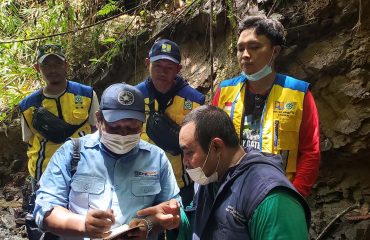
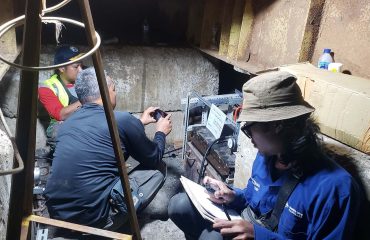
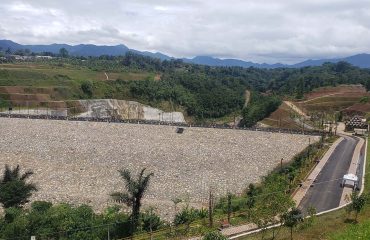
The design services offered a variety of services that encompass planning, development, and implementation of engineering project designs. Through various stages in the project lifecycle, ranging from identifying design needs, conceptual design, modeling and simulation, to creating technical drawings and comprehensive design documentation. Engineering design services can encompass various engineering disciplines such as civil, electrical, mechanical, software engineering, and others, depending on the type of project and client needs.
2. Project Management
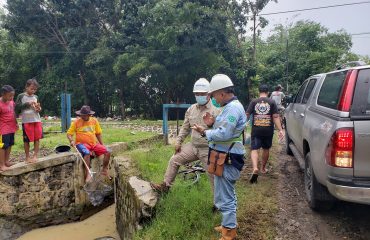
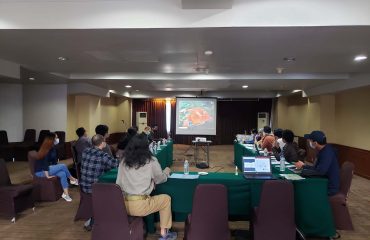
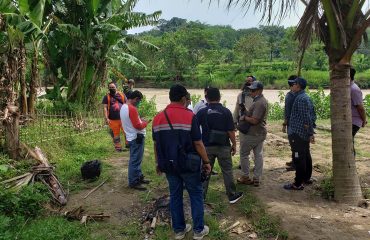
The holistic project management process by engineering consultant professionals is a key characteristic of project management. This involves management functions directed towards project perspectives including time, cost, human resources, and risks, aimed at achieving the established project plan efficiently and effectively. Laminar strives to ensure that projects run according to the technical specifications meeting the required quality standards, and within the constraints of time and budget.
3. Construction Supervision
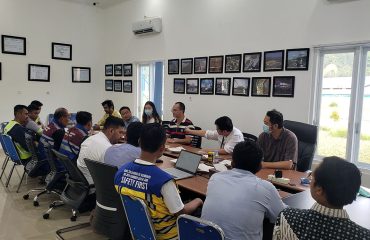
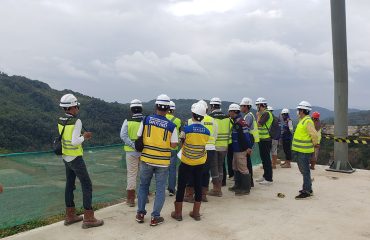
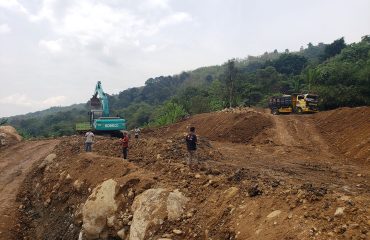
In a construction activity, supervision is required during project execution to ensure that the work is completed according to the plans, specifications, standards, and regulations in place. The core task of a construction supervisor is to monitor project progress, ensure the quality of work, coordinate among various involved parties, address issues arising during project execution, and ensure project success within the established schedule and budget.
4. Feasibility Study
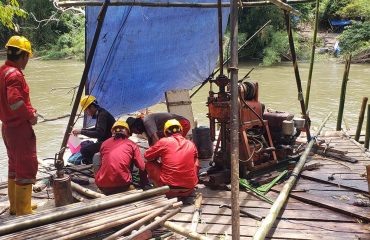
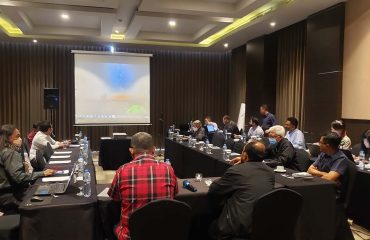
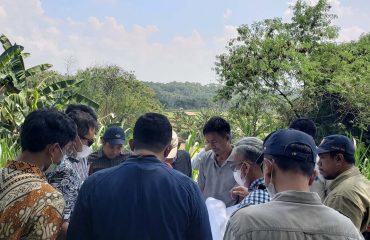
Feasibility studies are evaluation processes conducted to assess the feasibility of a project or business plan before committing to major investments. The aim is to determine whether the project or plan is viable in terms of technical, economic, financial, social, and environmental aspects.
Technically, feasibility studies involve several stages, including investigating the project objectives, related benefits to be obtained effectively and efficiently. Subsequently, all aspects that can add value to the project feasibility are considered, ranging from technical aspects, economic analysis, capital structure analysis, cash flow projections, operational procedures, without neglecting the social and environmental aspects arising from the ongoing or completed project. The results of the feasibility study serve as a basis for stakeholders in making informed, measurable business decisions without disregarding risk factors. Overall, feasibility studies play a crucial role in providing a deep understanding of the project or business plan before making significant investments, thereby helping to reduce risks and enhance overall project success.
5. Detailed Engineering Design
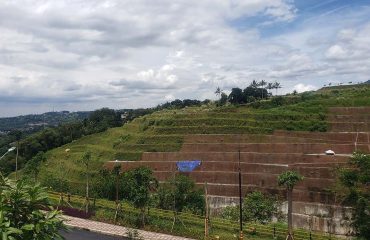
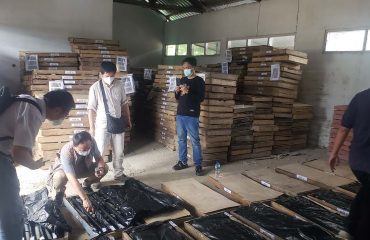
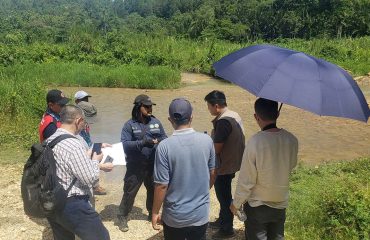
Detailed engineering design is considered a crucial stage in the product or engineering project development cycle. In this process, the breakdown of design concepts into highly detailed technical specifications enables precise production or implementation. This activity requires a profound understanding of project or product requirements, including technical, environmental, functional, and safety needs.
Based on requirements analysis, the engineering team will develop design concepts that meet the established needs. This includes creating sketches, diagrams, or initial models. Careful calculations and analysis are also required in various technical aspects such as structural strength, stability, reliability, and efficiency. Suitable materials and components are selected based on design characteristics and requirements, with detailed designs often manifested in 3D models. The development of working drawings, prototype testing, validation and revisions, reporting documentation, and implementation are sequentially applied with the aim of achieving an efficient, reliable, and precisely tailored project outcome in line with established requirements.
6. Environmental Impact Assessment (EIA)
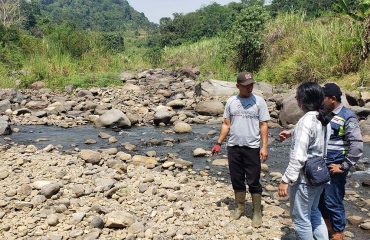
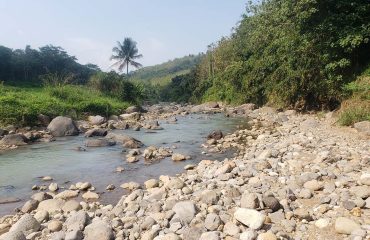
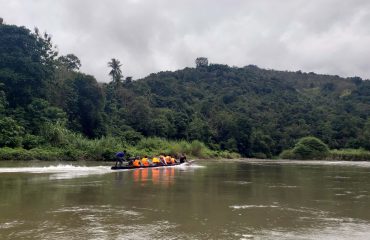
The Environmental Impact Assessment (EIA) is an essential process used to evaluate the potential environmental impacts of large-scale projects such as infrastructure development, industrial projects, or land development. EIA plays a key role in ensuring that sustainable human development can proceed in harmony with the preservation of the natural environment.
EIA services not only provide benefits in complying with existing environmental regulations but also assist companies and governments in making environmentally sound decisions. Thus, EIA serves as a vital tool for achieving a balance between economic development and environmental sustainability, maintaining harmony between human needs and the protection of the natural environment.
7. Geotechnical Survey and Analysis
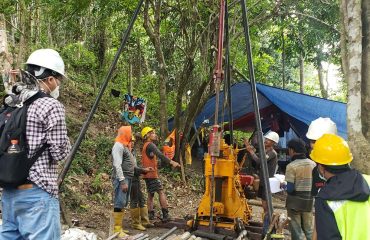
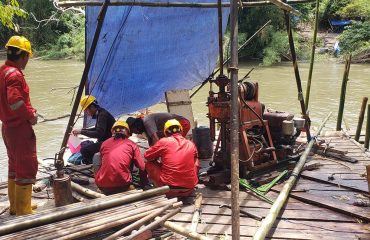
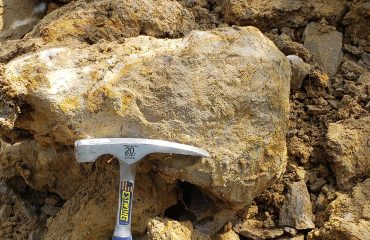
Geotechnical survey and analysis are crucial processes in civil engineering that involve understanding and evaluating the geological and geotechnical characteristics of an area or location. It begins with collecting geological data, assessing soil conditions and properties, and then planning and evaluating the foundation of building structures.
Furthermore, this activity also requires geotechnical modeling with the assistance of computer software. Geotechnical Risk Evaluation that can occur at any time such as soil liquefaction, landslides, or soil cracks. To refine the steps in geotechnical survey and analysis, solutions and technical recommendations are developed to reduce geotechnical risks while still considering Occupational Health and Safety (OHS) for both field workers and facility users.
8. Topographic & LiDAR Survey
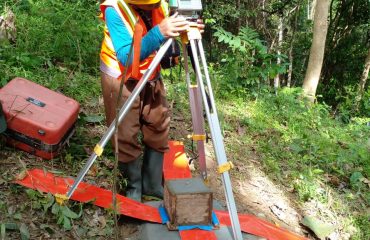
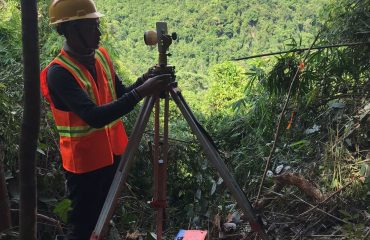
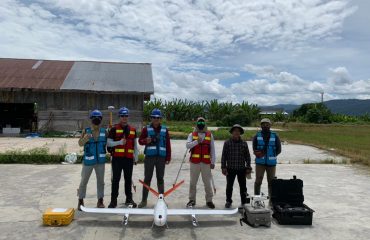
The measurement of contours and elevations, as well as the identification of key features on the Earth’s surface such as rivers, lakes, buildings, roads, and property boundaries, are the core components of a topographic survey. By conducting a topographic survey, experts obtain accurate and in-depth information about the structure and characteristics of the land needed for planning and developing various construction projects and land utilization.
9. Specialized Consultations
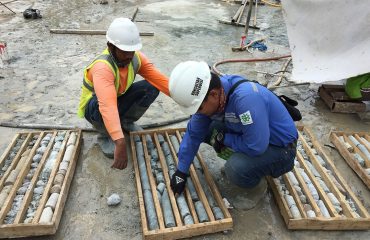
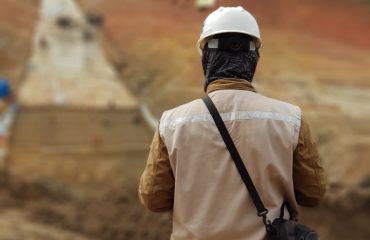
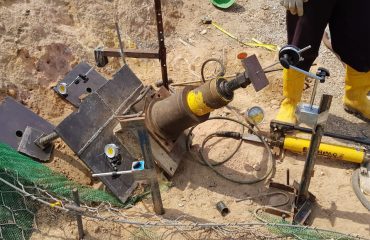
Engineering Consultants offer superior products in the form of Specialized Consultation, based on specialized and high-quality services facilitated by engineering experts. In this context, it includes in-depth and focused consultation on specific and more complex technical issues, including: Structural Engineering, Transportation, Geotechnical Engineering, Information and Communication Technology (ICT), Environmental Engineering, Drainage and Water Management, as well as Energy and Resources.
10. Regulatory Compliance
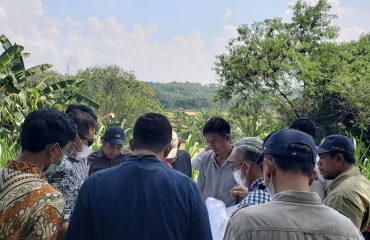
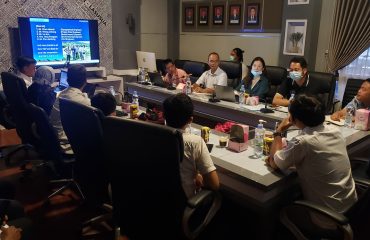
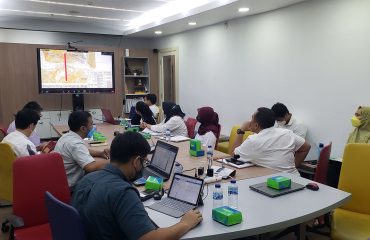
Referring to the process that ensures that engineering activities, projects, or products comply with the relevant laws, regulations, standards, and guidelines established by the government or regulatory bodies. This includes ensuring compliance with safety regulations, environmental regulations, as well as industry standards and building codes. The process involves a thorough understanding and careful implementation of the legal framework and regulations applicable to a specific engineering project or activity, with the aim of ensuring that they meet all necessary legal obligations and ethics.
